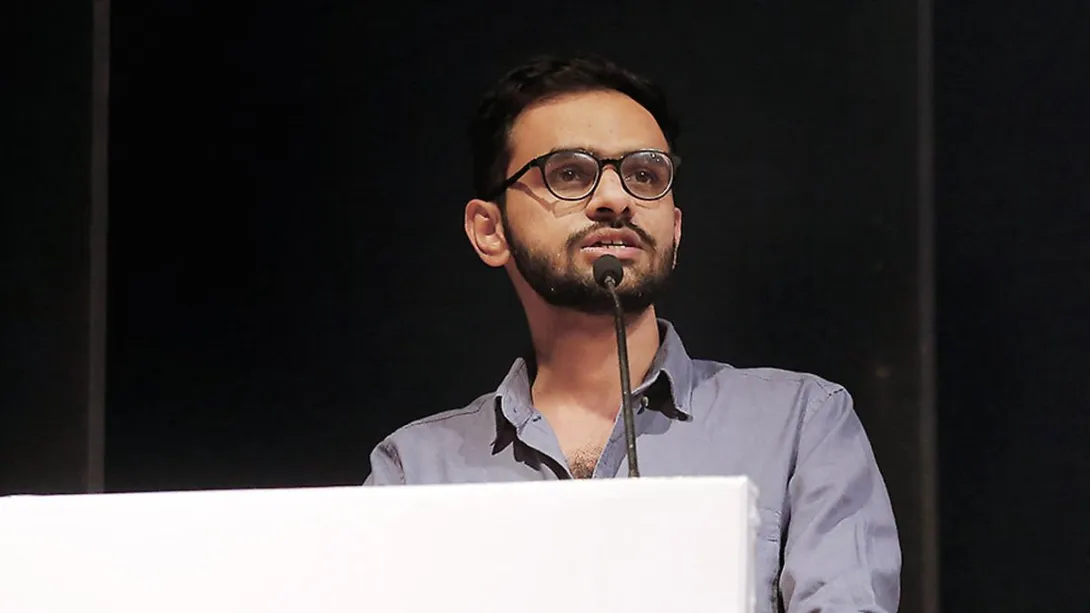Former Jawaharlal Nehru University (JNU) scholar and activist Umar Khalid has approached the Supreme Court seeking bail after the Delhi High Court rejected his plea in the 2020 Delhi riots conspiracy case. Khalid, who has been in custody since September 2020, faces charges under the Unlawful Activities (Prevention) Act (UAPA). The High Court ruled that the allegations were too serious to justify release, emphasizing the distinction between lawful protest and conspiracy to incite violence. With this move, the Supreme Court now holds the decisive role in determining whether Khalid will continue his prolonged pre-trial detention.
I. High Court Verdict and Legal Context
On September 2, 2025, the Delhi High Court dismissed bail applications by Umar Khalid and eight others accused of orchestrating the violence that erupted in northeast Delhi in February 2020 during protests against the Citizenship Amendment Act (CAA) and National Register of Citizens (NRC).
The bench stated that while peaceful protest is a constitutionally protected right, it cannot be extended to activities that threaten public order or national security. The court emphasized that conspiracy cloaked as activism falls outside the ambit of lawful dissent, particularly when it allegedly results in large-scale communal violence.
The ruling also highlighted the gravity of the charges under UAPA, which carry stringent bail conditions, making it significantly more difficult for the accused to secure release before trial.
The Case Against Khalid
According to the Delhi Police, Umar Khalid played a key role in a “larger conspiracy” to organize and coordinate protests with the intention of disrupting public harmony and destabilizing the government. The police have filed a 3,000-page chargesheet, accompanied by 30,000 pages of electronic evidence, including messages, videos, and witness testimonies.
The prosecution alleges that the accused were part of a premeditated plan involving multiple groups and funding channels, using the anti-CAA protests as a cover to incite violence.
Defense lawyers, however, argue that the case is politically motivated and lacks direct evidence linking Khalid to any act of violence. They assert that his speeches and activism have been misinterpreted and criminalized, setting a dangerous precedent for civil liberties.
Supreme Court: A Critical Turning Point
In response to the High Court’s decision, Umar Khalid has filed a special leave petition before the Supreme Court, challenging both the legal reasoning and evidentiary basis of the earlier ruling.
This petition is not just a personal plea for freedom but also a test case for how India’s judiciary interprets dissent under the shadow of anti-terror laws. Several co-accused, including Sharjeel Imam and Gulfisha Fatima, have also approached the apex court, highlighting the broader implications for fundamental rights and democratic accountability.
Legal experts suggest that the Supreme Court’s handling of this case will set important precedents regarding prolonged detention and the balance between state security concerns and individual freedoms.
Prolonged Incarceration and Human Rights Concerns
Khalid has been imprisoned for five years without trial, raising concerns among human rights advocates and international observers. Prolonged pre-trial detention under UAPA has been a contentious issue, with critics arguing that it undermines the principle of “innocent until proven guilty.”
Civil society organizations have pointed to systemic delays, claiming that the sheer volume of evidence has slowed the judicial process. They argue that indefinite incarceration without conviction risks eroding trust in the justice system and curbing legitimate political dissent.
Supporters of Khalid emphasize that his activism focused on peaceful mobilization and dialogue, contending that his continued detention represents a broader crackdown on critical voices.
The Larger Debate: Protest vs. Conspiracy
At the heart of this legal battle is the question of how far constitutional rights to free speech and assembly extend when national security is at stake.
The High Court’s ruling reflects a growing tension in India’s democratic framework: the fine line between safeguarding public order and upholding civil liberties.
Legal scholars warn that conflating protest with conspiracy risks creating a chilling effect, discouraging citizens from participating in democratic movements. Conversely, state authorities argue that organized violence disguised as protest must be decisively countered to preserve social stability.
What Lies Ahead
The Supreme Court is expected to schedule hearings on Khalid’s petition in the coming weeks. Its decision will have far-reaching implications for:
The interpretation of UAPA provisions,
The future of political dissent and protest movements,
Standards for granting bail in high-profile conspiracy cases,
Broader questions of constitutional freedoms in contemporary India.
For Khalid personally, the verdict will determine whether he remains behind bars or secures a chance to defend himself outside prison walls while the trial continues.
Conclusion
Umar Khalid’s case is more than a legal proceeding; it is a litmus test for the health of India’s democracy. As the Supreme Court takes up this crucial matter, the nation watches closely to see whether the balance between state power and individual rights will be recalibrated.
The outcome will shape not only Khalid’s future but also the contours of public discourse and dissent in India for years to come.

Comments